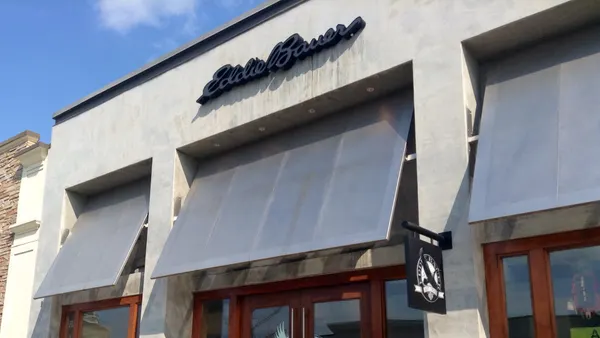Dive Brief:
-
Starbucks is building a 20,000 square-foot space for its new "Tryer Innovation Center," named for coffee-roasting equipment that helps determine when the beans are ready, Tryer director Brent Cashell told an audience at SXSW, according to a report last week from Geo Marketing magazine.
-
The space will function as an incubator of sorts, a Starbucks location where employees can work on and test new ideas in the context of a store, according to the report.
-
Starbucks has become known for pioneering a host of tech features, notably its Mobile Pay and Order, which grew to 11% of transactions in U.S. company-operated stores in the first quarter of 2018 from 10% in the prior quarter. Earlier this year the company also began testing cashless checkout in stores nationwide.
Dive Insight:
Starbucks has become known as an early tech adopter in mobile, AI and voice. Its new "Tryer" store is poised to make testing and perfecting ideas that much easier, allowing the company to attempt far out tech or work out glitches and pain points in real life circumstances but away from real life customers.
That could be handy, considering the mixed feedback the company reportedly received from customers at its cashless store in January: Some customers said they liked the convenience and speed or don't like carrying cash, but others worried about privacy issues with trackable payments.
Still, at the end of the year, former Starbucks CEO Howard Schultz said that Starbucks would indeed soon be a cashless retailer and the company has begun expanding its mobile pay and order option to customers who aren't in its loyalty program. "That time is nearer than you think," he said, but also added that people would continue to brew and pour coffee. "I don't see a day where artificial intelligence or robotics is going to replace the humanity of Starbucks," he told CNBC.
It's not just Starbucks, of course. Amazon, Walmart and others are toying with payment and ordering technologies that also siphon up customer data. That's emerging as a growing concern among many consumers as mobile use increases, research shows.
A vast majority — 71% — of 20,000 global consumers surveyed by SAP Hybris earlier this year said they're willing to part with information like e-mail addresses and shopping history, but are less likely to provide their mobile number, real-time location or monthly income. Plus, when they do share data, consumers expect retailers to protect their interests (72%), be transparent in how they use personal data (6%) and protect their privacy in the event of criminal investigations (60%). A whopping 79% said they would leave a brand if their personal data was used without their knowledge.














